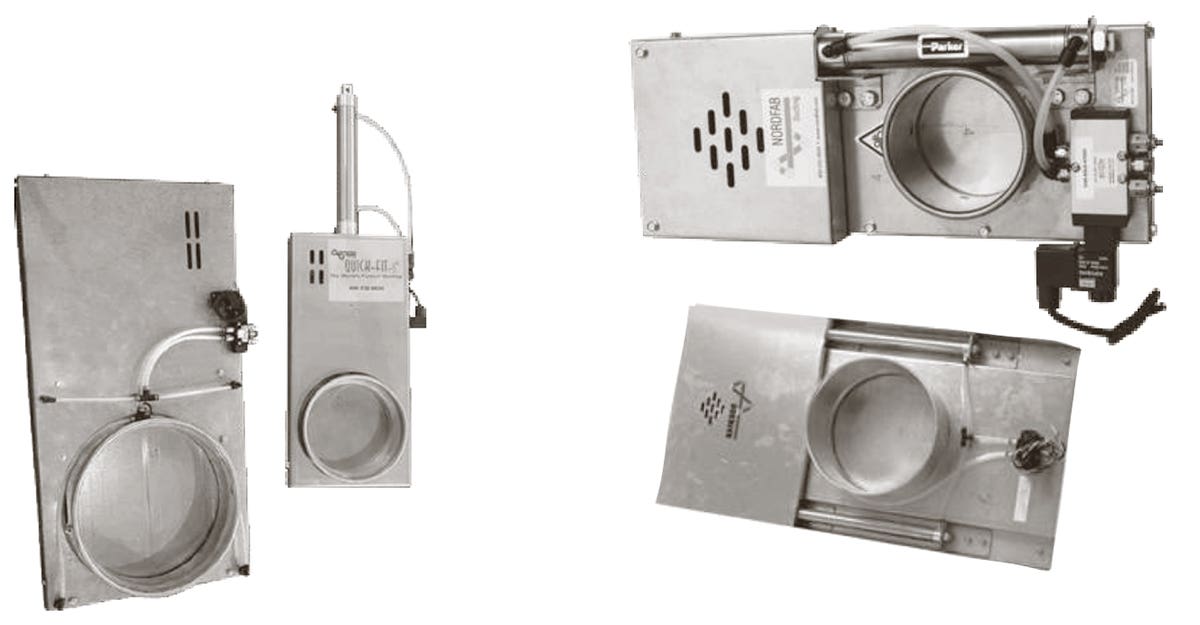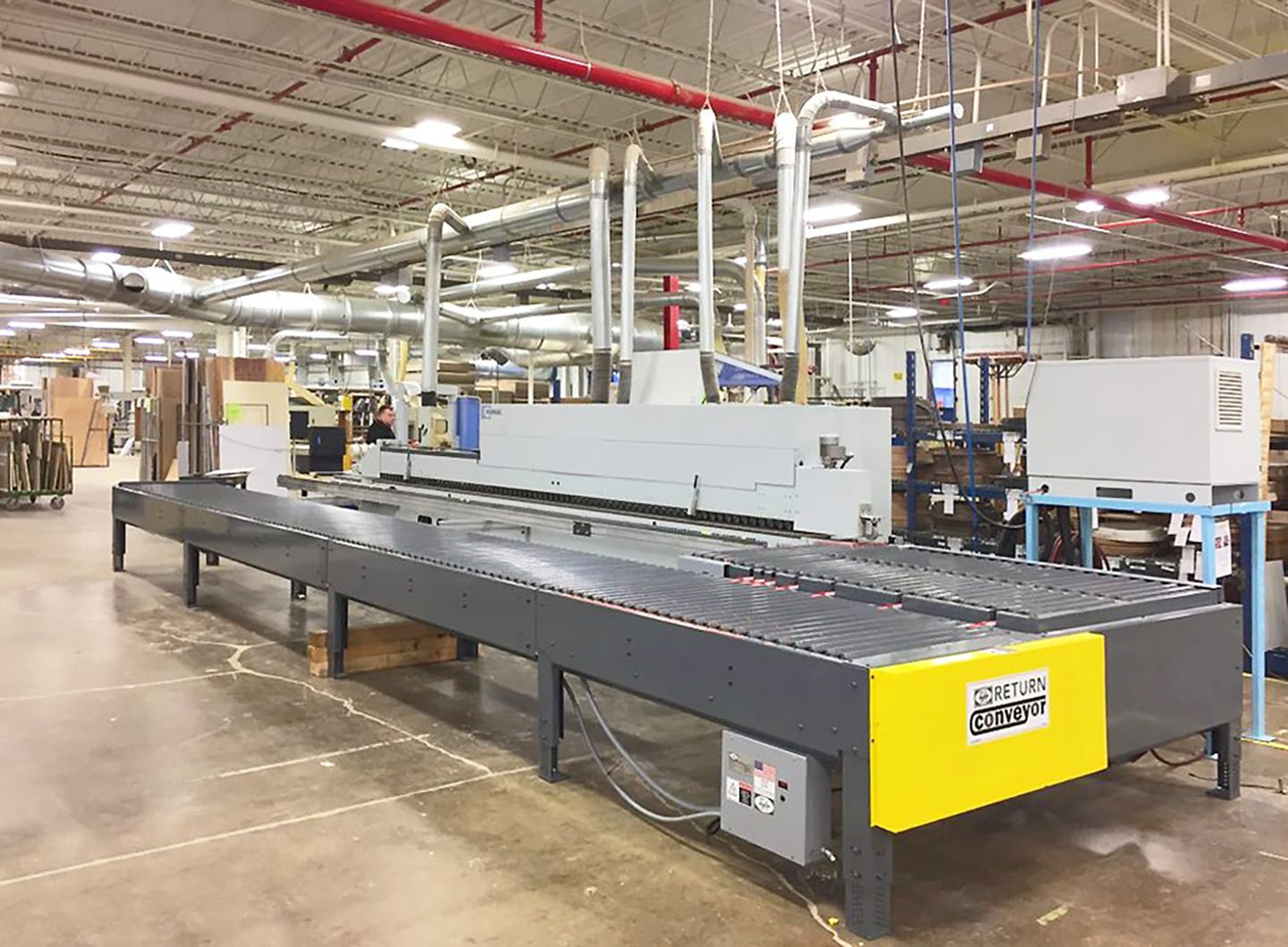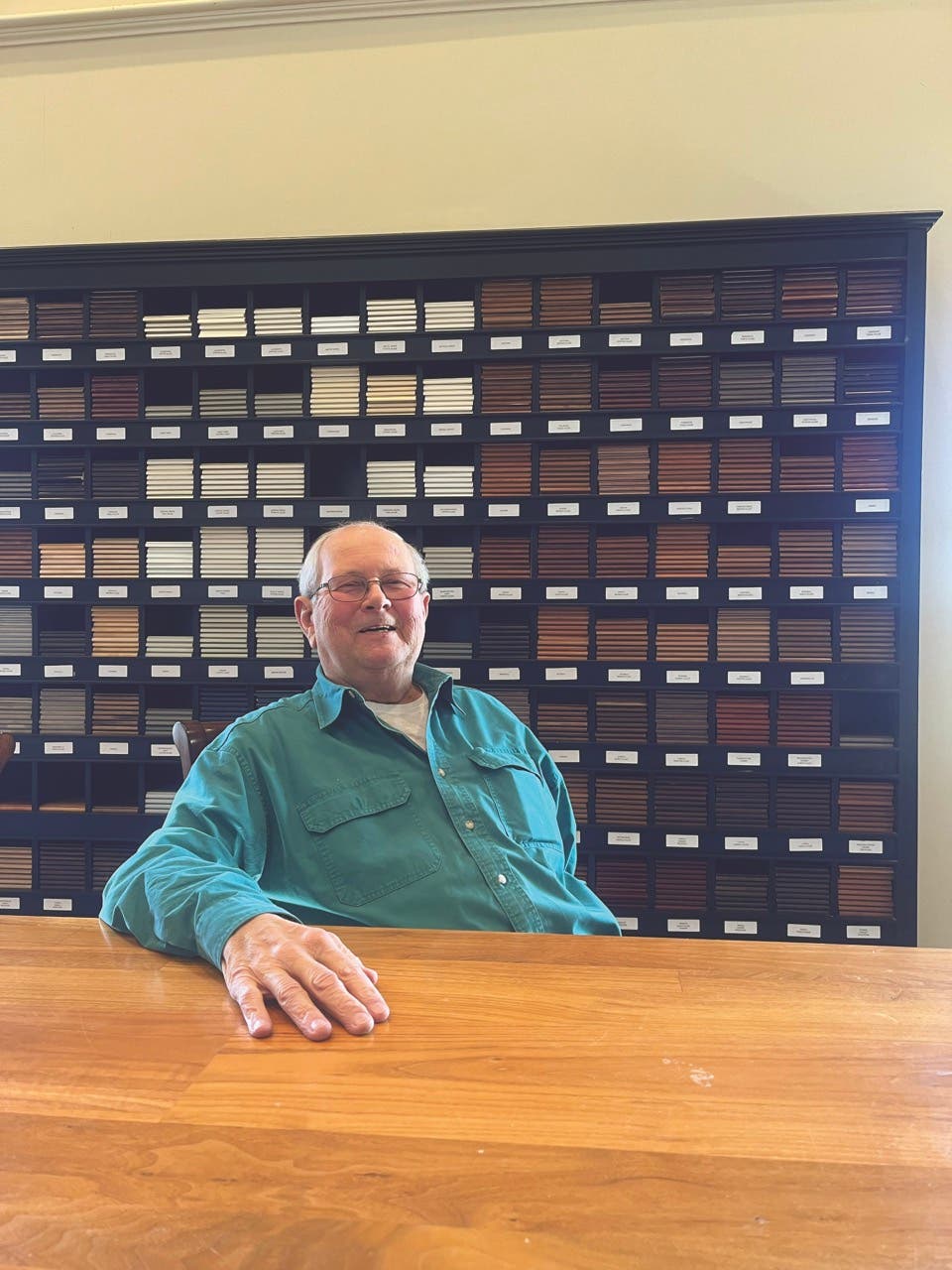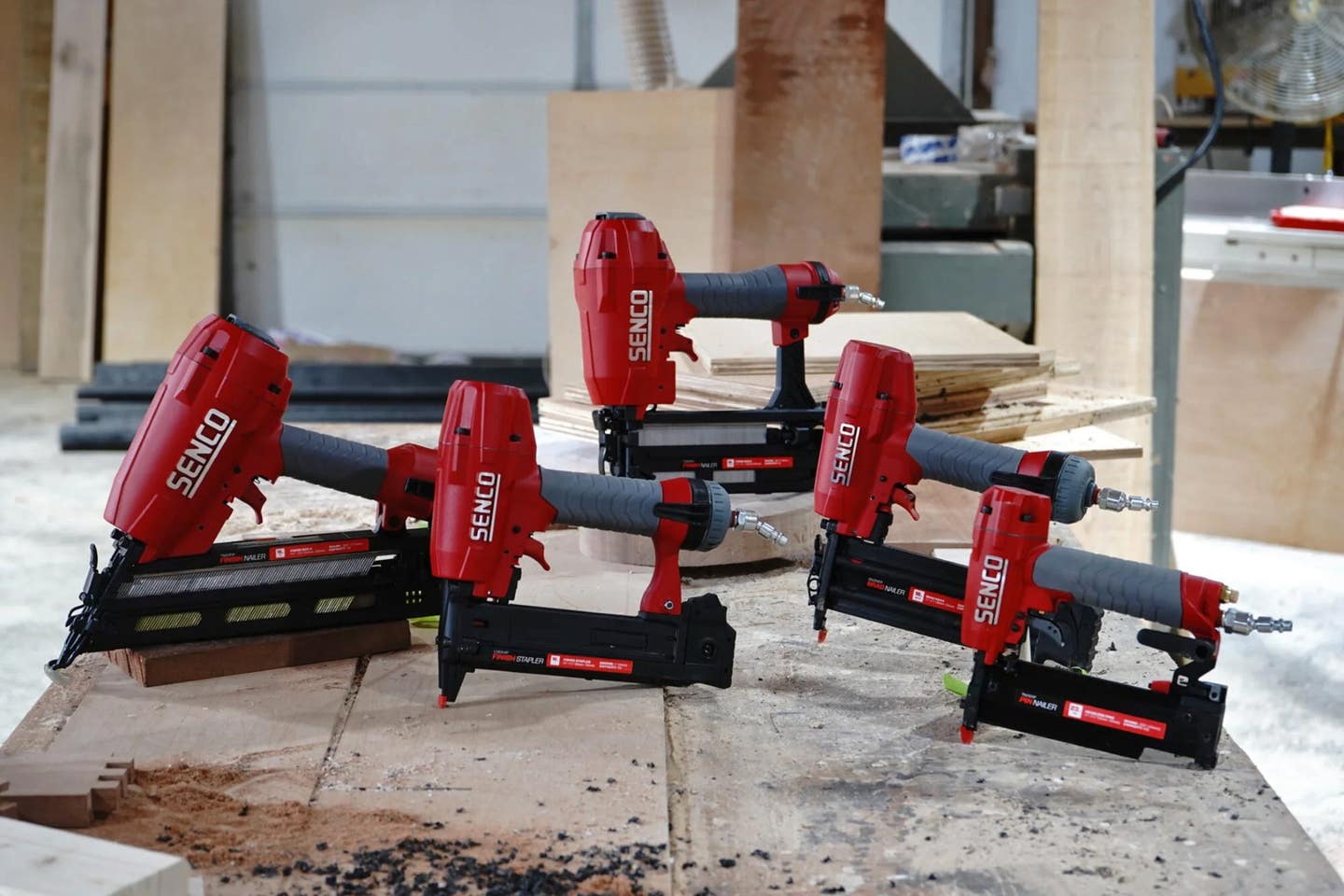Determination and dependability
Even though he faces fierce competition from larger woodworking businesses, Josh Lewis, owner of Lewis Custom Woodwork of Centerville, Utah, sets himself apart by making his customers a priority at…
Even though he faces fierce competition from larger woodworking businesses, Josh Lewis, owner of Lewis Custom Woodwork of Centerville, Utah, sets himself apart by making his customers a priority at all times. Specializing in high-end residential and commercial interior custom woodwork, he takes great pride in his work.
“I’m very personable. I work with customers from start to finish and my business name is my last name and my business name. I take great pride in quality and craftsmanship. Those are all things that are high on my list. I believe they help because when I go onto a job, regardless of whether it’s a $40,000 kitchen or a $6,000 kitchen, I leave that job with the same integrity and quality of cabinets as if I had worked on my own house. I don’t cut corners. I refuse to cut corners,” says Lewis.
Lewis operates out of a 2,500-sq.-ft. shop in a quiet light-industrial area just north of Salt Lake City. With the help of one employee, he remains focused on his career while balancing it with other the other things most important to him, dedicating time to his family and his faith.
Starting with the basics
Born in Utah, Lewis got involved with woodworking and carpentry at a young age by helping his father around the house and by taking career-oriented trade programs in high school. Upon his graduation, he served a mission for a church in Toronto for two years.
“When I came back, I didn’t know what I wanted to do. I knew I had an interest in woodwork, but I decided to take some computer classes at a community college for a semester. In the meantime, I kept doing woodworking on the side and eventually just stopped going to class and went to work at a friend’s shop.”
He continued to work himself up the ladder and eventually entered into a 50-50 partnership with the owner. That arrangement only lasted a year, but nevertheless advanced his career agenda.
“It was a great place to work. I did a wide range of applications there. I started with the basics, did installs and worked my way up to shop foreman and became a part-owner. When I saw there was no more room for advancement, I opened my own shop. That was in 2007.”
Positive outlook
Building a clientele in the earlier years was perhaps the most difficult challenge he faced, admits Lewis, but his strong ambition carried him through the tough times. The partnership dissolved at one of the worst possible times, when the economy started to collapse in 2007.
“My responsibility had been to run the shop and my partner managed the business end of things. So when we split, I had a few leads here and there, but for the most part I was on my own, which was frightening. I knew how to build cabinets and how to do that fairly well at that point, but the scariest thing was finding clients and figuring out what I was going to do for work.”
It was a turning point for Lewis, who had the perfect opportunity to get out of woodworking and do something completely different.
“I decided to continue woodworking. It was my dream to do woodwork, so I guess that’s why I stuck with it even though I didn’t have a huge clientele or anything. I was going to make it work. Otherwise, I didn’t know what I would do.”
He remained in a small shop that had only about 1,000 sq. ft. of floor space, located several units down from his current location, and began networking the best he could. He acquired work by putting his name in the local phone book, by word-of-mouth referrals and through relationships with several building contractors.
As the workload increased, he added equipment. For the size of his operation, Lewis has an impressive equipment list, which includes a SawStop table saw; Kremin Xcite spray system; Grizzly table saw, shaper, dust collector, planer and drill press; Powermatic bandsaw; General edge sander; Timesaver wide belt sander; Williams & Hussey molder; DeVilbiss compressor; Binks spray pump system and various Festool products.
Scope of work
On average, Lewis completes about one kitchen per month and has a backlog of about two months. His primary focus is on residential work for homeowners who contact him directly. Commercial work accounts for about 10-15 percent of his clients and is generally done for contractors he’s previously worked for whose clients now want custom reception desks, counters and the like.
His service area includes all of Utah, but most work is done in Salt Lake City and its suburbs. He offers all types of kitchen and living room cabinetry and casework, as well as custom mantles and furniture.
“My niche in the market is definitely someone wanting a higher-end cabinet. When building cabinets, my box is always the same, but I will give them different options for drawer fronts and what-not.”
Style preferences range depending on the client. Lewis works directly with homeowners in creating a design, but is given design specs from the designers and contractors he works with.
“Whenever I do work for designers, it seems like the modern designs seem to be the trend. They want things like white-painted kitchens. When I get hired by a homeowner, I meet with them and try to go through them what they want. I take suggestions. A lot of people tell me what they don’t want.
“I try to push the rustic look a lot. When a general contractor comes in or whenever I walk through a spec home, they almost always want knotty alder. Whenever I start a new job with designers, they are usually sick of knotty alder, so I try to push the rustic cherry because the pricing is excellent.”
By the numbers
Lewis says 2012 was a fairly good year for him, having one employee and grossing just over $200,000. Lately, business has been slower than usual. He says he’s comfortable with the current size of his operation, but would like to grow a little. He has a decent amount of work, but can’t afford to hire more help at this point, which means he’s extremely busy meeting with clients, doing estimates, designing, building and installing.
Competition, on the other hand, is the one thing that negatively affects him and also something he has no control over. He constantly faces situations where prospective customers will be lured by the lower prices of other shops, not knowing that they’re not getting the quality product he offers.
“Many of the shops I feel I’m competing with are the fly-by-night guys that get their cabinets from Chinese import cabinet manufacturers and resell them with several color options. Those are the guys that I try to bid against sometimes. When I do a job, people are usually looking for four or five estimates. I can determine right off the bat whether someone is going to hire me if they come to my shop. If they’re going to come down here and listen to my sales pitch for 20 minutes, then I know I have a good chance at gaining them as a customer.”
Patience does pays off. Lewis says the most gratifying moment is when his customers express to him that they are 100 percent satisfied.
“That’s apparent when they show my work off to their neighbors or friends or give me a referral saying I will do a really good job and that I’m honest. Sometimes after a job’s all said and done and they’re happy, I ask them with all of the other shops in the area, why they decided to go with me. They realize I’m not just some guy out of the back of his truck, who’s not licensed, not insured, here today, gone tomorrow. They know they can depend on me.”
Contact: Lewis Custom Woodwork, 1160 West 750 North, Centerville, UT 84014. Tel: 801-660-5043. www.lewiscustomwoodwork.com
This article originally appeared in the March 2013 issue.







